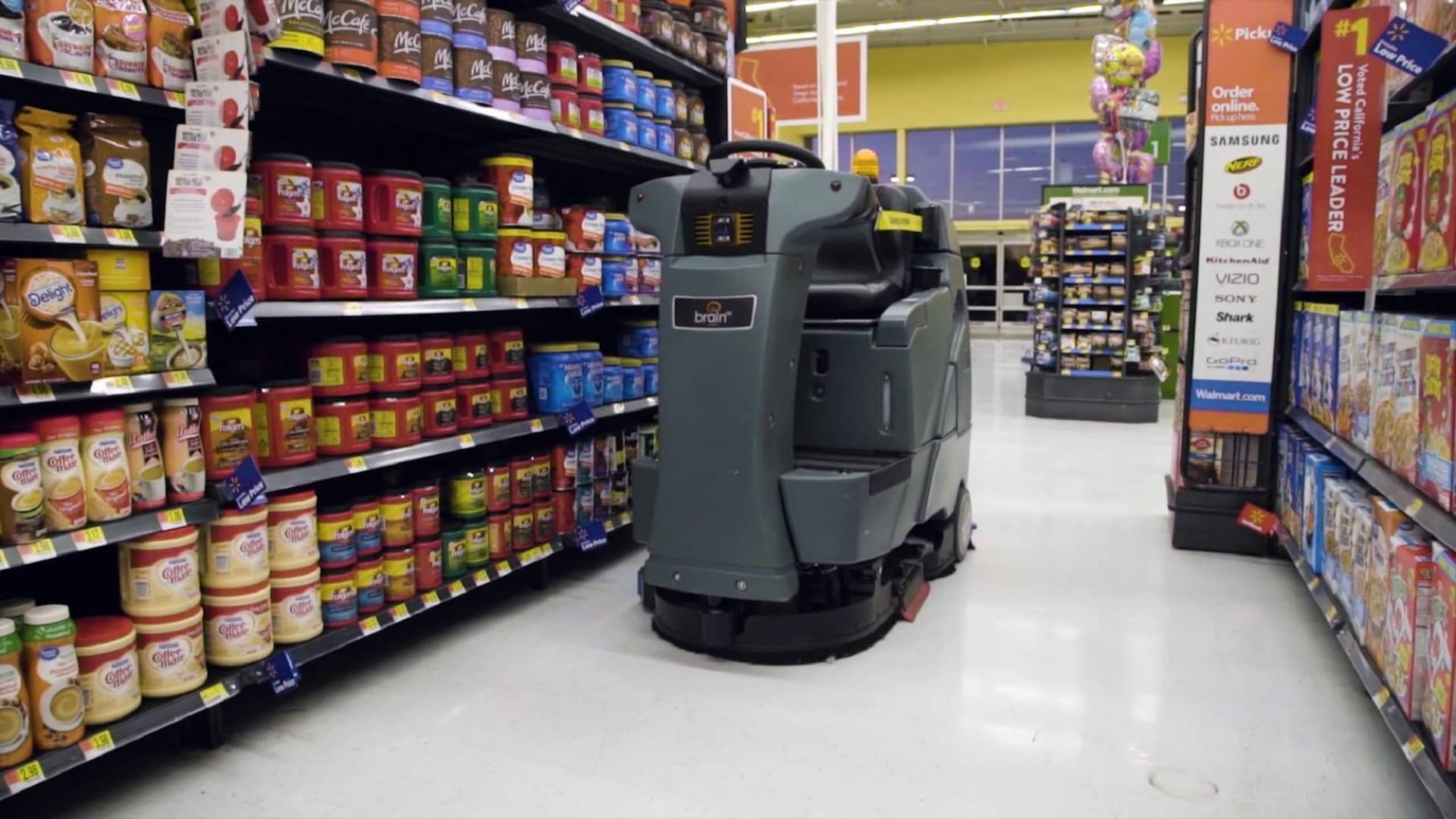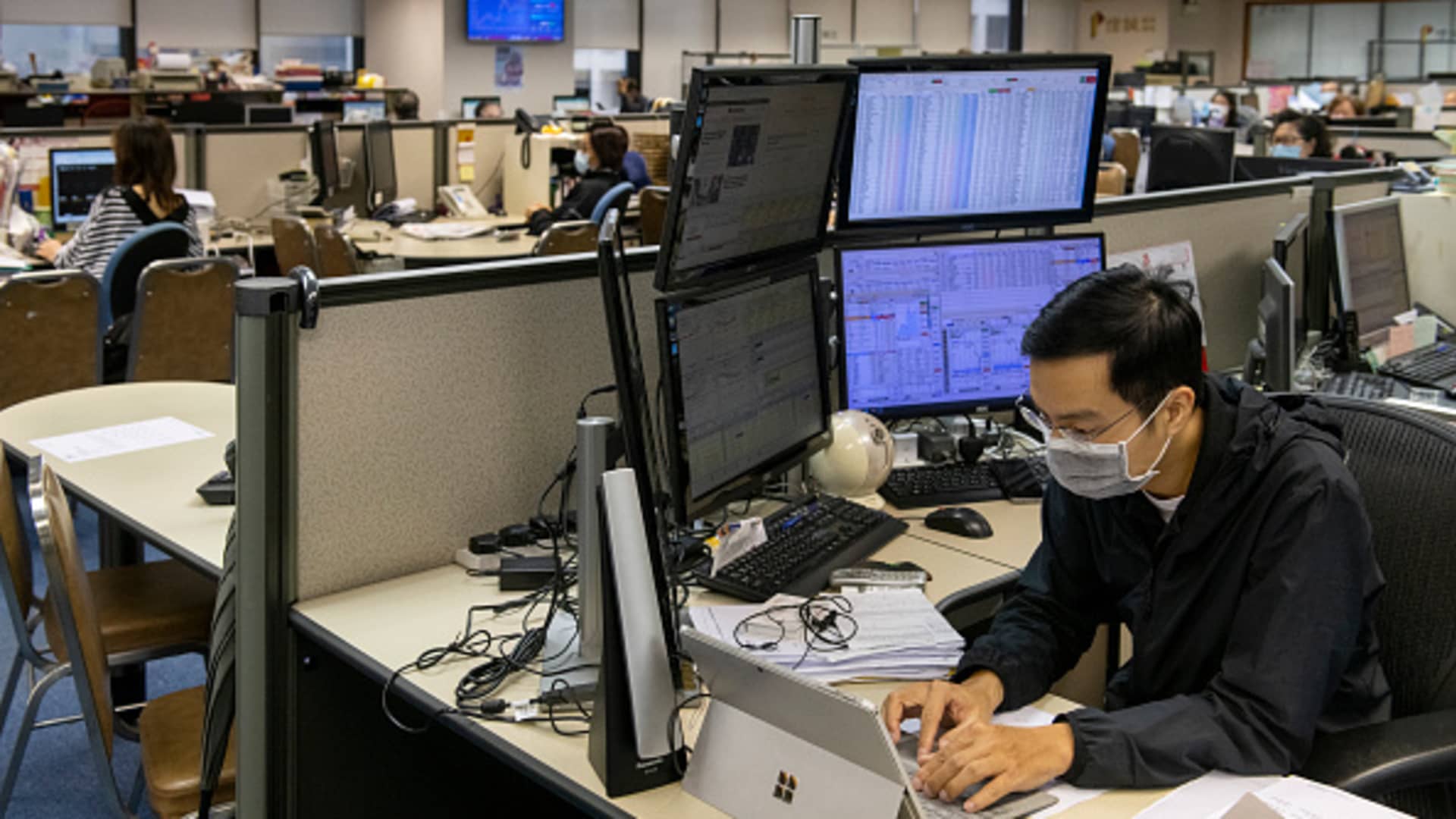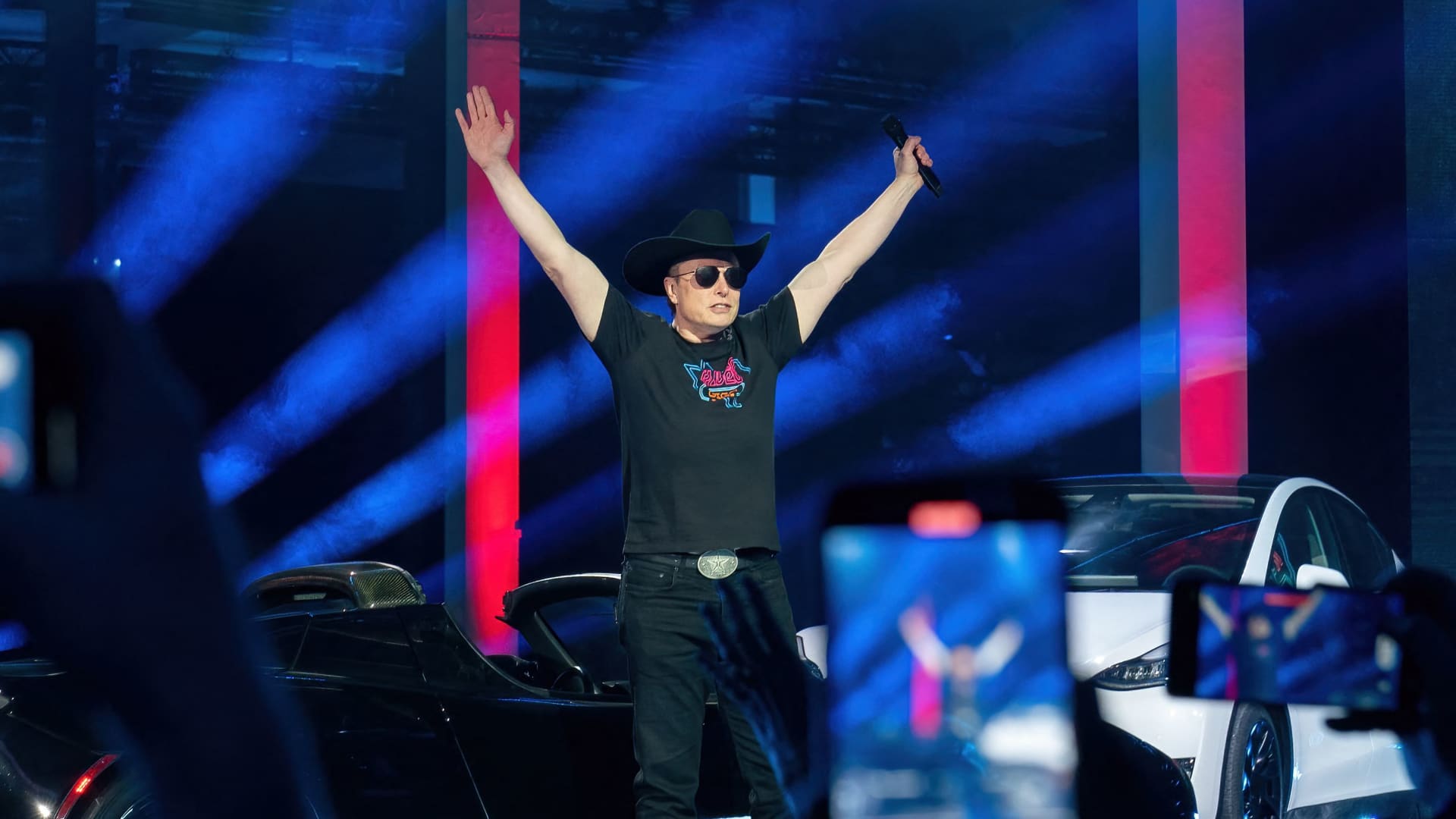How A.I.-powered robots are changing retail
An army of inventory robots is being deployed to help retailers appease angry customers, boost sales and respond to the ongoing worker shortage.

Eager to boost sales, relieve workers from mundane tasks and respond to the ongoing labor shortage, retailers and supermarkets are adding robots to their store aisles.
Outfitted with cameras and sensors, autonomous inventory robots that can verify price signs and look for out-of-stock items are being deployed at big box stores like BJ's Wholesale and Walmart-owned Sam's Club.
Inventory is one of the biggest challenges retailers face. Missed sales from empty shelves and out-of-stock items cost U.S. retailers $82 billion in 2021, according to NielsenIQ.
"Retailers are spending a lot of money to know what's coming into their stores through their inventory systems and through their point of sale systems," said Jarad Cannon, chief technology officer at inventory robot maker Brain Corp. "But in their stores on a daily basis, they don't have a very good model of what's actually happening on their shelves."
Other companies in the space include Simbe Robotics and Bossa Nova Robotics.
So what impact will inventory robots have on U.S. retailers and the livelihood of its workers? CNBC got a behind-the-scenes look at Brain Corp. to find out.

 Hollif
Hollif 

































